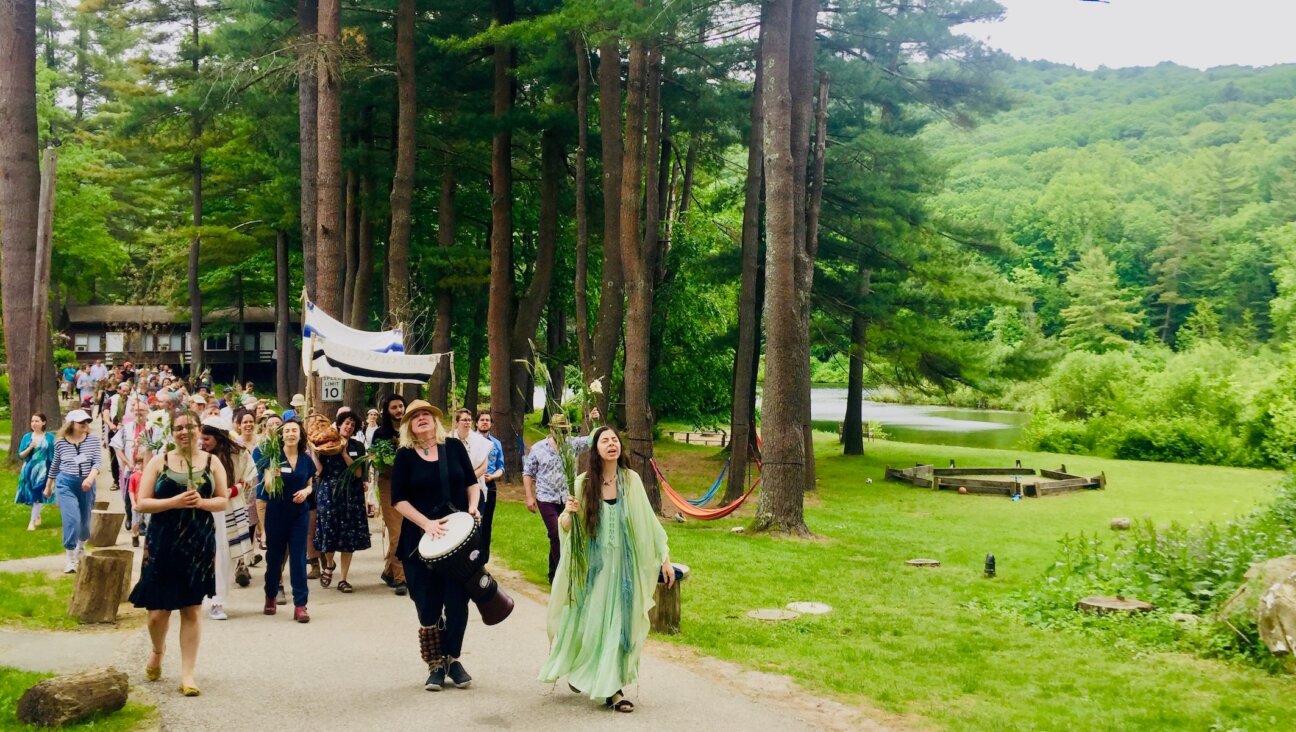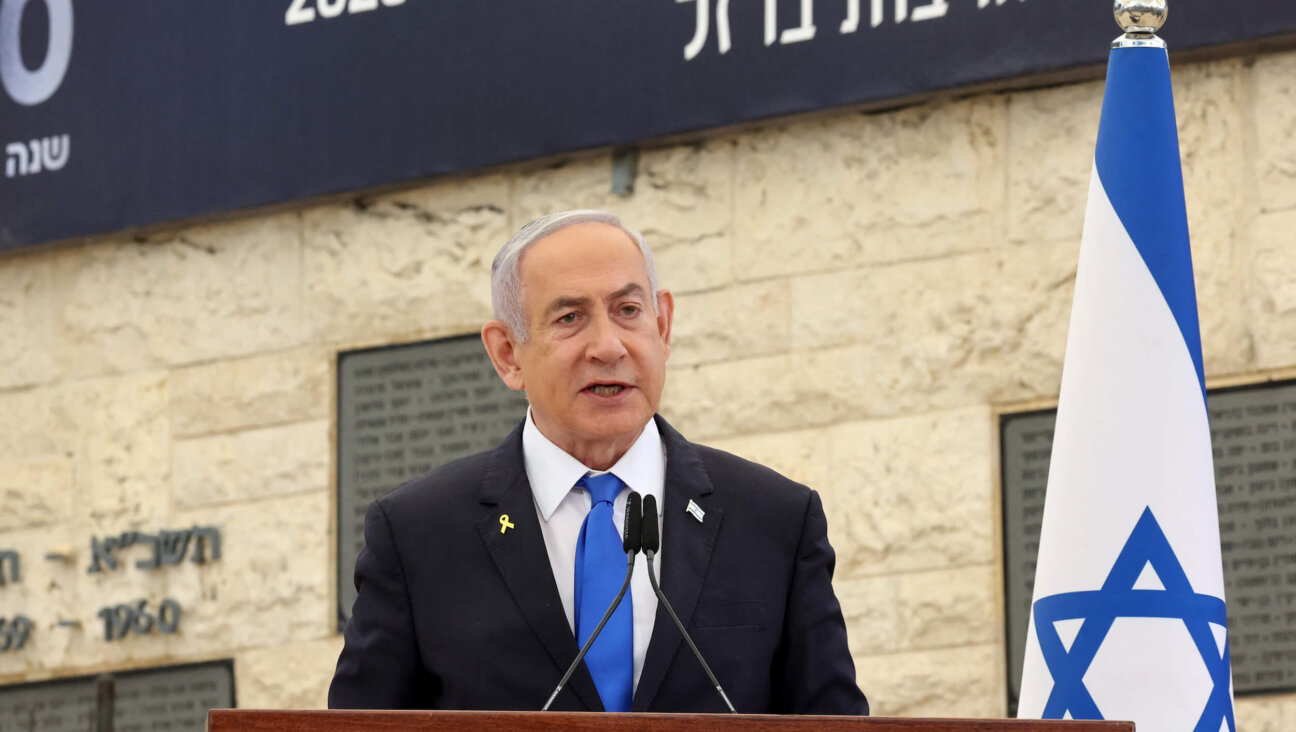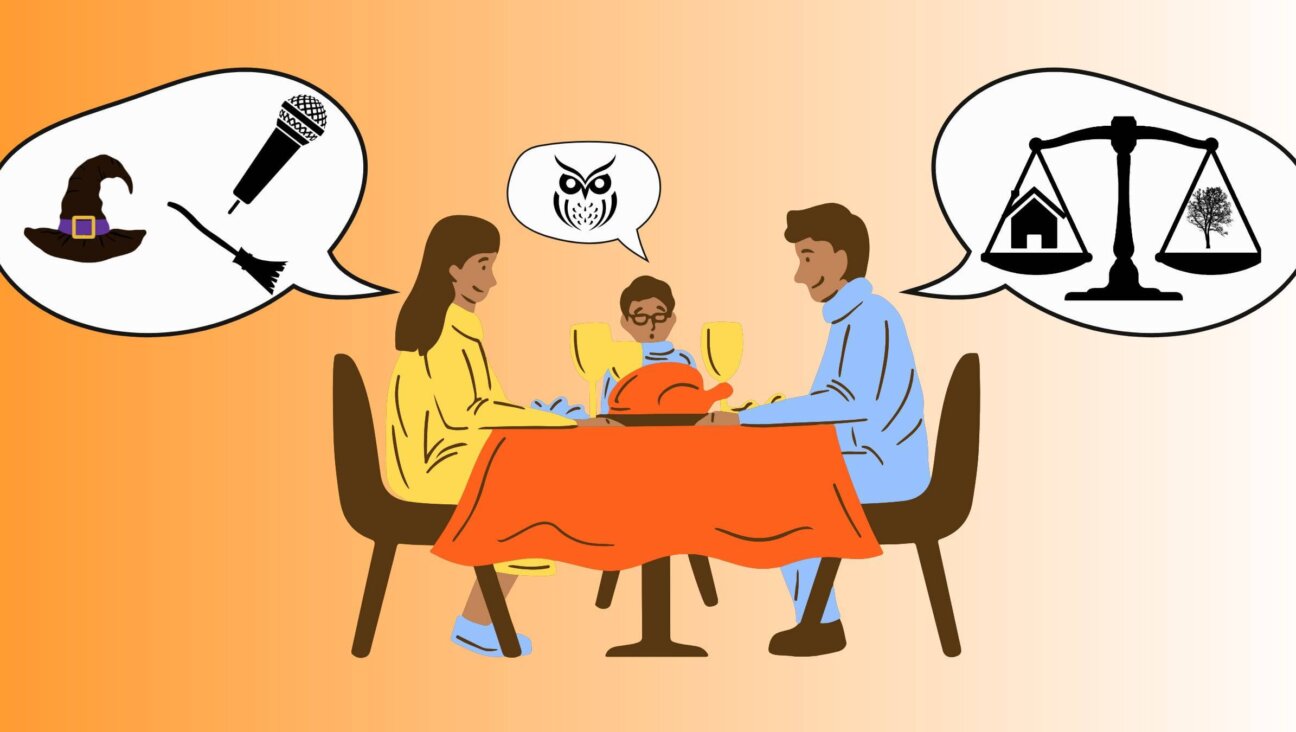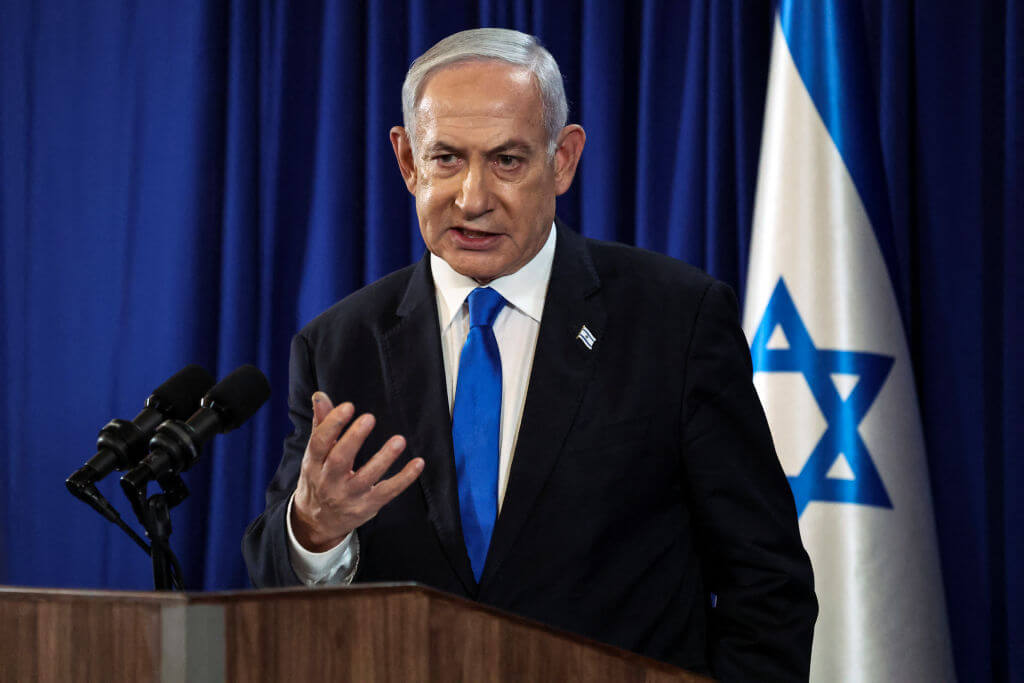Love, Hate, Fear And Hope: Four Snapshots from a Jewish Youth Conference

Image by iStock
Around 70 young people fill the room at our session. All of them are here to learn about different grassroots projects for Israeli and Palestinian youth. I feel proud of the organizers of the conference, who put such an important session on the agenda. Facing the pain of the Israeli-Palestinian conflict is not easy for Jewish adults, so entrusting us to do it with their youth represents a leap of faith indeed. How much effort, how many years of work, did it take for Kids4Peace to earn an invitation to this conference?
At the outset of the session, I look at the youth. Most of them are looking at their cell phones. They are more present in their virtual worlds than they are with us, and why is that? Do they feel that their lives here, in the moment, aren’t good enough? What happened to them, that by the cusp of adolescence they have lost faith in the moment?
Their interest wanes with each successive speaker, and fewer and fewer are listening as the session progresses. By the time I take my place at the podium, I sense that their souls are already in another place.
I say a prayer before beginning the final presentation they’ll hear. “O Lord, You shall open my lips, and my mouth will recite Your praise.” Then I tell them we have two options. I can lecture them on the topic of working for peace. Or I can entrust my heart to them, sharing my pain, my love, my suffering and my vulnerability while they do the work of peace here and now by holding my pain, bearing witness to it and looking at it with me so that together we can heal it. For peace is not a goal, but a process, a verb, a dynamic act.
For the rest of my talk, none of them so much as glance at their phones. It has been a long time since I’ve been as honest, as vulnerable, as broken as I am with them. I leave the session full of love, and gratitude to them for the gift they have given me.
•••
I am sitting beside an older couple at breakfast. I feel the need to be next to them, to feel their age and wisdom, to find out if they still believe in humanity after living a long life. Before long, I learn that they are Holocaust survivors. As always on these occasions, I feel as if I am next to holy people; I feel the uniqueness of the moment. In a few years, we will not have anyone to ask the difficult and direct questions about how, after such a disaster, it is possible to rebuild a life.
This man grew up in the same city in Poland as my grandparents. I drink in their words as a Hasidic student might drink in the words of his Rebbe. The man tells me that they teach about the Holocaust all over the world in order to help people open to the “other.” They both show so much kindness and patience toward the youth who are sitting with us, who are talking loudly amongst themselves, unaware that they’re in the company of angels.
Then the old man asks me: “And what do you do?” I offer a brief description of my work for change and peace among Muslims, Christians and Jews in Jerusalem, between Israelis and Palestinians. I find myself hoping he’ll say nothing in response. As always with other Jews, I am afraid to hear his reply. He smiles at me and asks, “Are you not afraid that your Arab friends will poison your food when you share a meal with them?”
•••
At lunch, I am seated next to our Executive Director, a beautiful Christian pastor whom I admire so much. Beside him is a Muslim woman who teaches about Islam and tolerance. I see an Israeli woman coming and I smile at her. She takes the seat on the other side of me and I learn that she is a medical doctor who worked for a month with Syrian refugees in Europe. Her gaze is warm as she tells me of fighting the death angel hour by hour, of her pain on behalf of the refugees, of the political clashes among different national delegations.
She loves the work we are doing in Kids4Peace. She grew up Zionist-Orthodox in Jerusalem and wishes that in her own childhood, she’d had the chance to speak with a Palestinian as one human being to another. Then she tells me of the time she was asked to prepare a dead Muslim woman for her funeral, since the family preferred a Jewish woman over a Muslim man for this task. She tells me that she and another Muslim woman dressed the departed in traditional Muslim clothing. And in my mind, I go back to the second Palestinian uprising when, within my course of military service, I gathered the dismembered parts of dead bodies in a final embrace. I look into this woman’s steadfast eyes and feel so proud to be an Israeli.
•••
I am waiting in my lecture room. In a few minutes, students denied entry to the (already full) Kabbalah lecture will join my workshop, which offers new ways to deal with the Israeli- Palestinian conflict. One of the directors of the conference is waiting with me. She asks what I will speak about. Her smile is beautiful and she listens attentively. Then she says, “May I ask you an honest question?”
I smiled back and nod in assent. She says, “Last night, one of the rabbis told us that the difference between us and the Arabs is this: if the Israelis laid down their weapons, the Arabs would kill them. But if the Arabs laid down their weapons, there would be peace. Is this true?”
I see in her eyes how much she wants my agreement. I love her face for its childlike innocence. I see her wish – shared by so many Jews – to believe that we are better; that in this chaotic world, at least we have the moral high ground. I feel terrible: why has she asked me this question? I am so tired of being the bearer of bad news. How dare these rabbis, whom I have met in so many incarnations, trot out such a trite platitude to their students at such an important conference?
I tell her gently that her love of Judaism is so pure, filled with so much light. I add that I pray I will witness the moment the Arabs (she can’t even say Palestinians) surrender their power and peace arrives. I hope this will suffice for her, but she presses: “This is what the rabbi said and yet I want to hear from you — from someone who is on the ground.”
I ask her why she doesn’t trust the words of the rabbi, whose message is so timeworn and familiar by now. Hesitantly, falteringly, she confesses that it feels too facile to her. I tell her it feels too facile for me also, too wishful and idealistic. The truth is that both sides have a legitimate claim to this land. The truth is that both sides have done terrible things, and continue to do terrible things. I can see from the tears in her eyes that I’ve broken her heart. I feel a wild desire to run away, but the youth are already streaming into the classroom, waiting to hear my presentation, many of them clad in t-shirts of Tzahal, the IDF, or the Israeli flag.
And this is my own role within the work of peace. To help my students dispense with the easy narratives of heroism vs. villainy, of good vs. evil. To help them understand that there can be no true rapprochement without mutual humility, humanity, and accountability. And that there can be no true accountability without a certain loss of innocence, in every sense of the phrase. With a deep pang, I part ways with the lovely conference director, whom I’ve caused distress, and make my way to the front of the classroom, where I will do it again, and again.
A message from our CEO & publisher Rachel Fishman Feddersen

I hope you appreciated this article. Before you go, I’d like to ask you to please support the Forward’s award-winning, nonprofit journalism during this critical time.
We’ve set a goal to raise $260,000 by December 31. That’s an ambitious goal, but one that will give us the resources we need to invest in the high quality news, opinion, analysis and cultural coverage that isn’t available anywhere else.
If you feel inspired to make an impact, now is the time to give something back. Join us as a member at your most generous level.
— Rachel Fishman Feddersen, Publisher and CEO
























